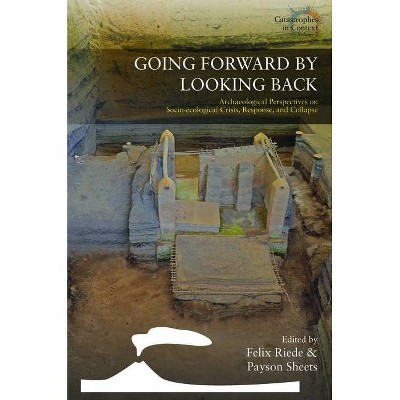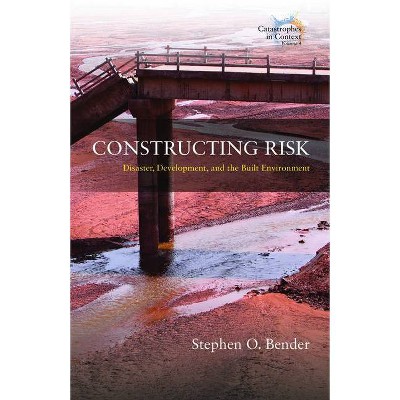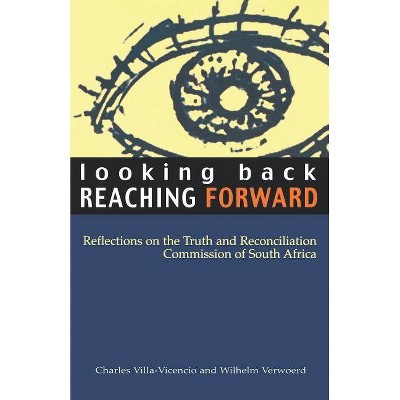Going Forward by Looking Back - (Catastrophes in Context) by Felix Riede & Payson Sheets (Hardcover)

Similar Products
Products of same category from the store
AllProduct info
<p/><br></br><p><b> About the Book </b></p></br></br>"Catastrophes are on the rise due to climate change, as is their toll in terms of lives and livelihoods as world populations rise and people settle into hazardous places. While disaster response and management are traditionally seen as the domain of the natural and technical sciences, awareness of the importance and role of cultural adaptation is essential. This book catalogues a wide and diverse range of case studies of such disasters and human responses. This serves as inspiration for building culturally sensitive adaptations to present and future calamities, to mitigate their impact, and facilitate recoveries"--<p/><br></br><p><b> Book Synopsis </b></p></br></br><p> Catastrophes are on the rise due to climate change, as is their toll in terms of lives and livelihoods as world populations rise and people settle into hazardous places. While disaster response and management are traditionally seen as the domain of the natural and technical sciences, awareness of the importance and role of cultural adaptation is essential. This book catalogues a wide and diverse range of case studies of such disasters and human responses. This serves as inspiration for building culturally sensitive adaptations to present and future calamities, to mitigate their impact, and facilitate recoveries.</p><p/><br></br><p><b> Review Quotes </b></p></br></br><br><p> <em>"This is an important body of work which significantly pushes the boundaries of the scope of archaeology... The volume is quite diverse, thematically, geographically, and in regard to the approach and methodological and theoretical perspectives taken. They add up to a highly interesting, stimulating, thought provoking, and inspiring work."</em> <strong>- Christian Isendahl</strong>, University of Gothenburg, Sweden</p><br><p/><br></br><p><b> About the Author </b></p></br></br><p> <strong>Felix Riede</strong> is Professor of Climate Change Archaeology and Environmental Humanities at Aarhus University in Denmark. He heads the Laboratory for Past Disaster Science and his research focuses on the Palaeolithic and Mesolithic of Europe.</p>
Price History
Cheapest price in the interval: 155 on October 27, 2021
Most expensive price in the interval: 155 on November 8, 2021
Price Archive shows prices from various stores, lets you see history and find the cheapest. There is no actual sale on the website. For all support, inquiry and suggestion messagescommunication@pricearchive.us




















